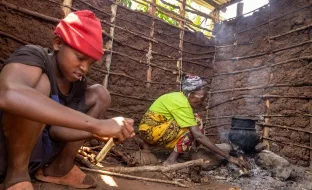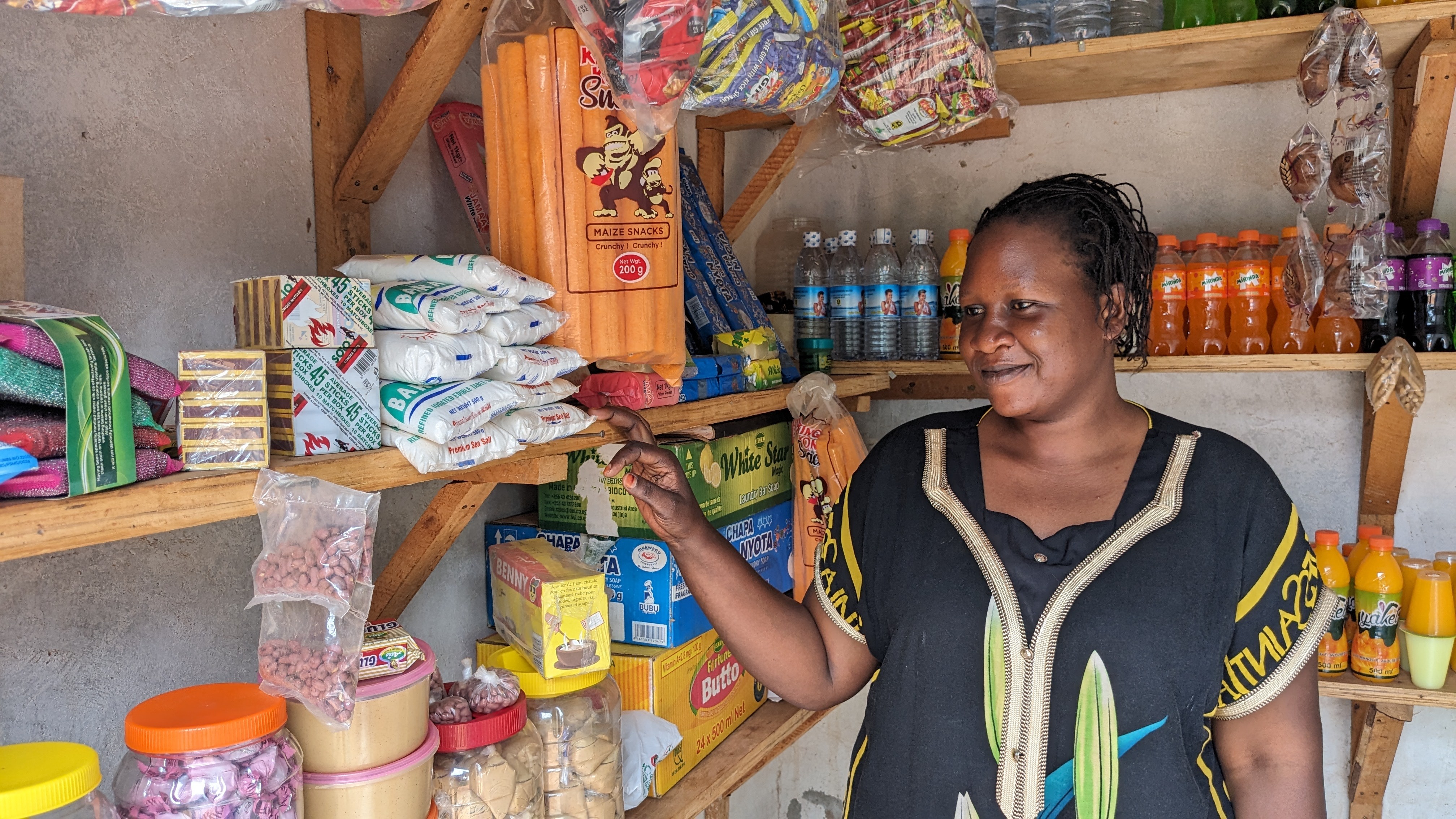I believe we should be putting more money and more power directly into the hands of the poor. When given the chance, they have a consistent track record, across dozens of rigorous studies, of using money sensibly to improve their own lives. This evidence base was already compelling – and then along came Chris Blattman. In the last few weeks Chris, a development economist at Columbia, has released results from two randomized controlled trials (RCTs) of unconditional cash transfer programs in Uganda. His findings stunned even me.
In the first study, Chris and co-authors tracked the long-term impact of cash grants made to Ugandan youths. They found that four years after receiving the one-time grants, the youths were earning 41% more and working 17% more hours on average than their peers who had not been given cash. These are massive, massive figures and have been (deservedly) getting extensive coverage in Slate and the NYT, among other outlets. (Matt Yglesias writes, “…people in the rich world can pitch in as well. GiveDirectly is an exciting new charity model that lets you directly transfer money to households in Kenya.”)
Blattman’s second study has been getting less attention, but it could be just as significant. In this study, Chris and co-authors gave grants to micro-entrepreneurs and also monitored them, sending social workers to provide advice and make sure they invested the money in their businesses. Sounds like a no-brainer idea, right? Sure enough, Chris found that monitoring increased profits. But then he did something really interesting: he also gave a different group of micro-entrepreneurs an additional grant equal to the cost of the monitoring… and found that their profits rose by more than the group who had been monitored. In other words, monitoring works, but it works less well than simply giving the recipients the program budget and letting them invest it themselves.
It’s this second study that underscores why we donors need to hold ourselves to a higher standard. How impressive is it if we get results when the poor could get even better results with the same money? Are we ready, after decades of doing it our way, to give them a chance?

